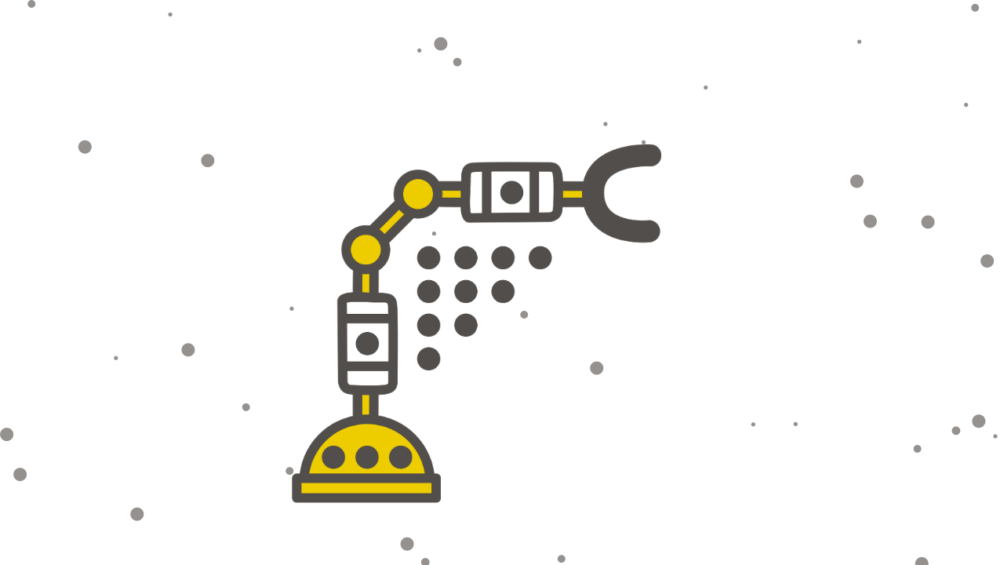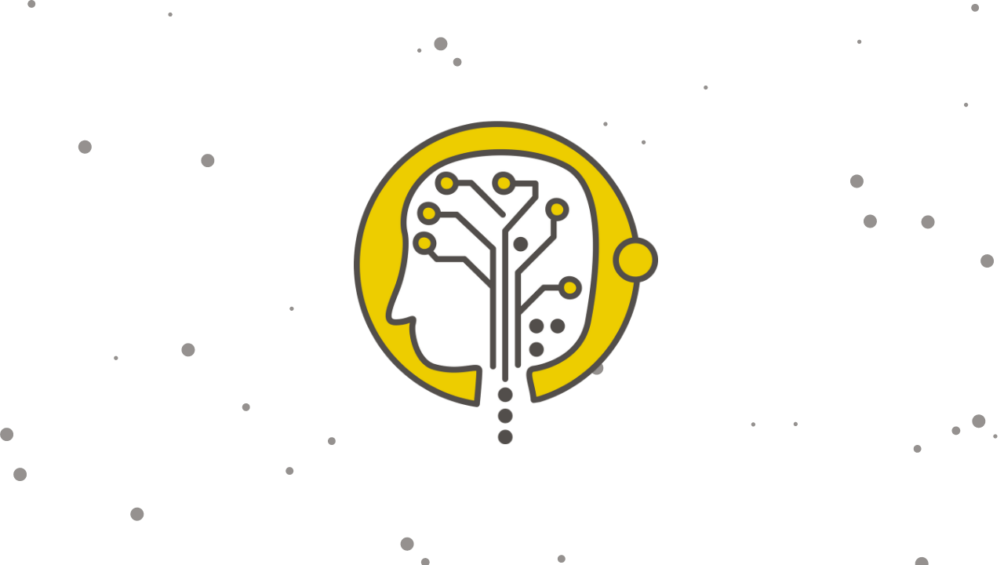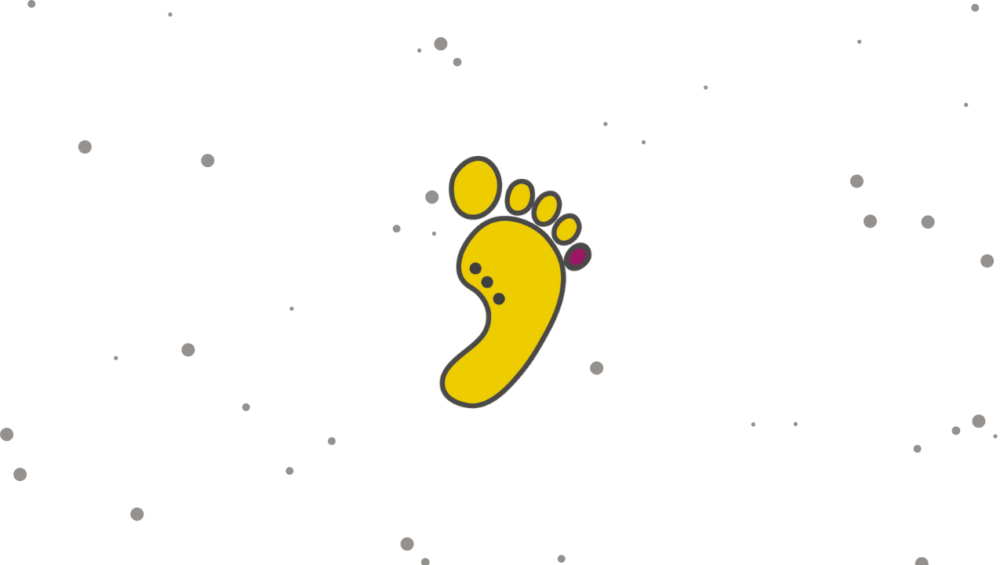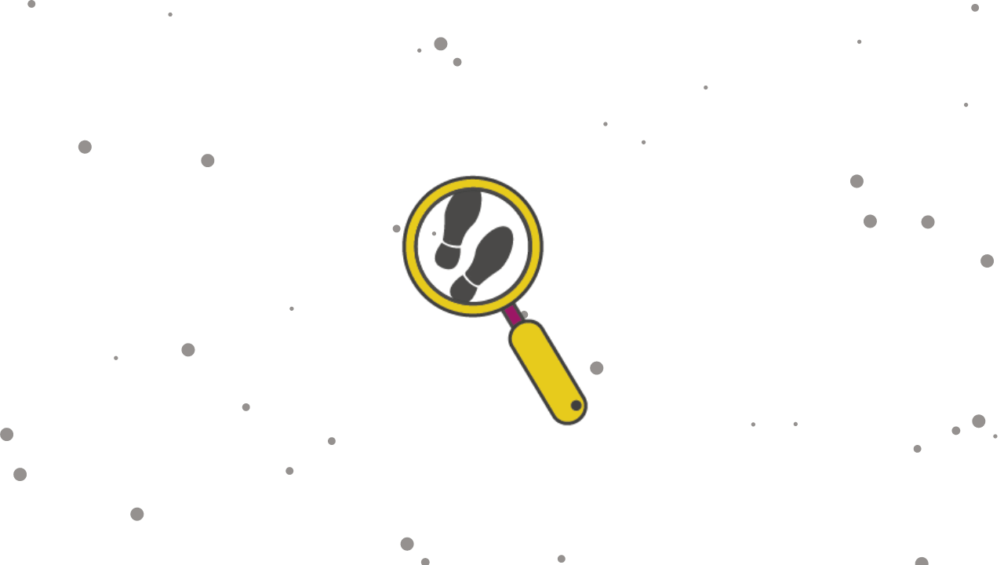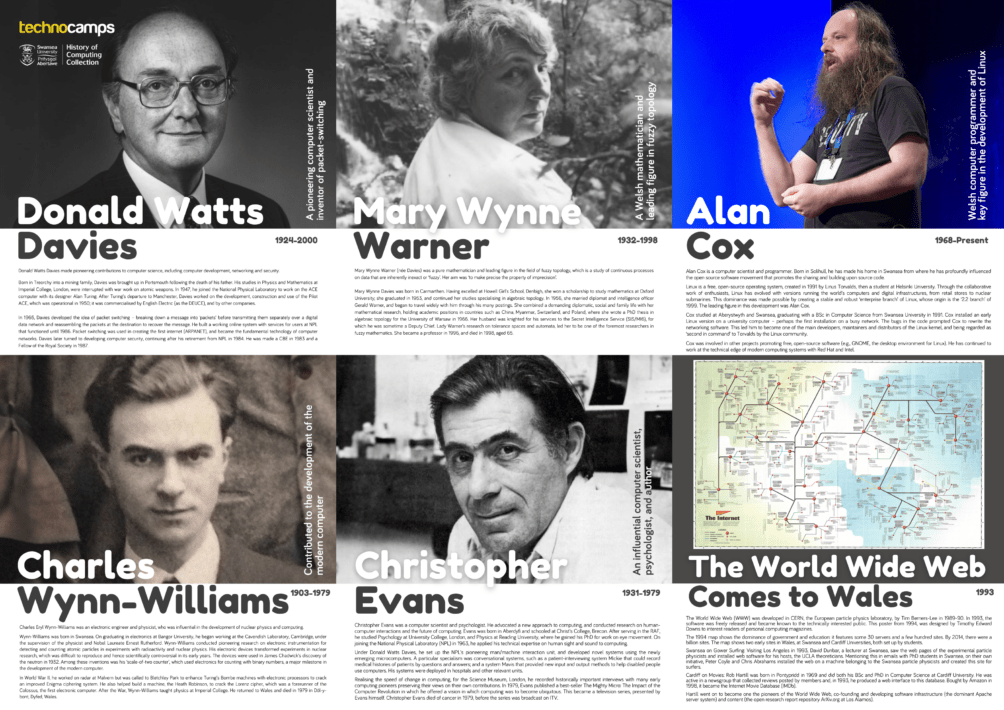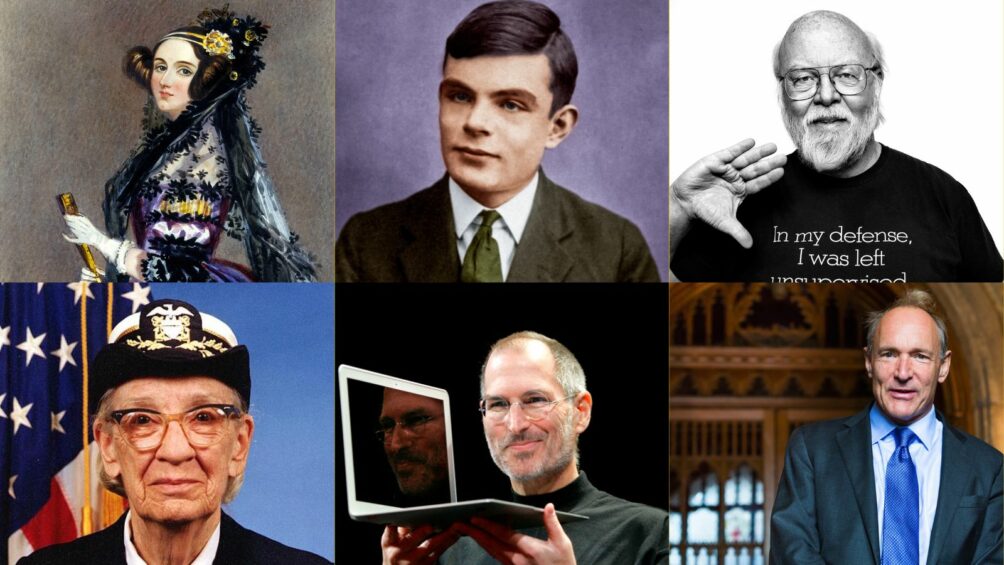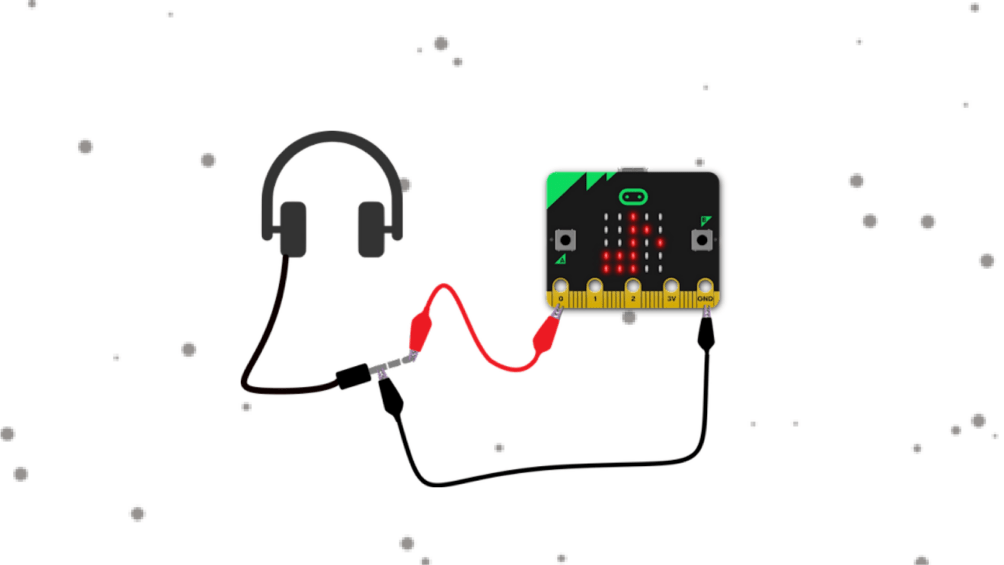This resource teaches about AI using the program machinelearningforkids
Computational Thinking Primary
Focusing on the 4 strands of computational thinking, this session will provide learners with key skills that can be applied in all walks of life. Topics will include algorithms, abstraction, decomposition and pattern recognition. By the end of the session, learners will be able to use the skills they have learnt to solve problems in fun ways.
Summer of Scratch
This workshop introduces learners to Scratch online programming whilst designing a basic game. They will learn how to draw shapes, add in a scoring system and a timer to model a basic computer/app game. This session can be linked to your current termly theme. This session will require access to a computer and to http://scratch.mit.edu
Why People Move
This session starts with a discussion on migration and the factors that affect this. The session can be linked to The Andorra Start and World War 2. Learners will then use Scratch to model the effects of money, employment, war and family on populations within an area.
Cyber Security Primary
Cyber Security is essential for keeping data safe. Password security in particular affects everyone and is especially important for learners to understand due to how many data breaches are caused by passwords. In this workshop, we will look into how to make strong passwords and encryption and how hackers crack this security and decryption. Included in this page are the … Read More
Scratch Across the CfW
This activity pack contains video tutorials to help you develop your programming skills and understanding through Scratch activities linking to various areas of the curriculum. This activity pack aims to familiarise you with Scratch and teach you the principles of programming along the way: Water Cycle States of Matter Translation Quiz
Welsh Computer Scientist Posters
Following on from our successful first batch of famous pioneers in the world of technology, aligning with the Digital Technology curriculum in Wales, we have produced posters with more of a local Welsh flavour. Download the combined A2 poster and the individual posters below!
DigiTech Computer Scientists Posters
We have designed some bilingual posters with information about well-known computer scientists for you to display in your classroom. These figures all appear in the curriculum and these posters contain useful information about their work. There are individual posters and a larger poster that contains biographies from all six scientists: James Gosling, Ada Lovelace, Alan Turing, Tim Berners-Lee, Steve Jobs … Read More
micro:bit – Musical micro:bits
This micro:bit workshop covers areas of the Science and Technology and the Expressive Arts Areas of Learning and Experience. Pupils will learn the basics of block-based programming and how to use conditional statements to make decisions in computer programs. The resource will also allow pupils to create their own musical compositions by making use of iteration and the micro:bit’s in-built … Read More
micro:bit – Mathematics Game
This micro:bit workshop covers areas of the Science and Technology and Mathematics and Numeracy Areas of Learning and Experience. Pupils will learn the basics of block-based programming and how to use conditional statements to make decisions in computer programs. The resource will also allow pupils to create their own mathematics game to help them and their classmates develop their problem … Read More
